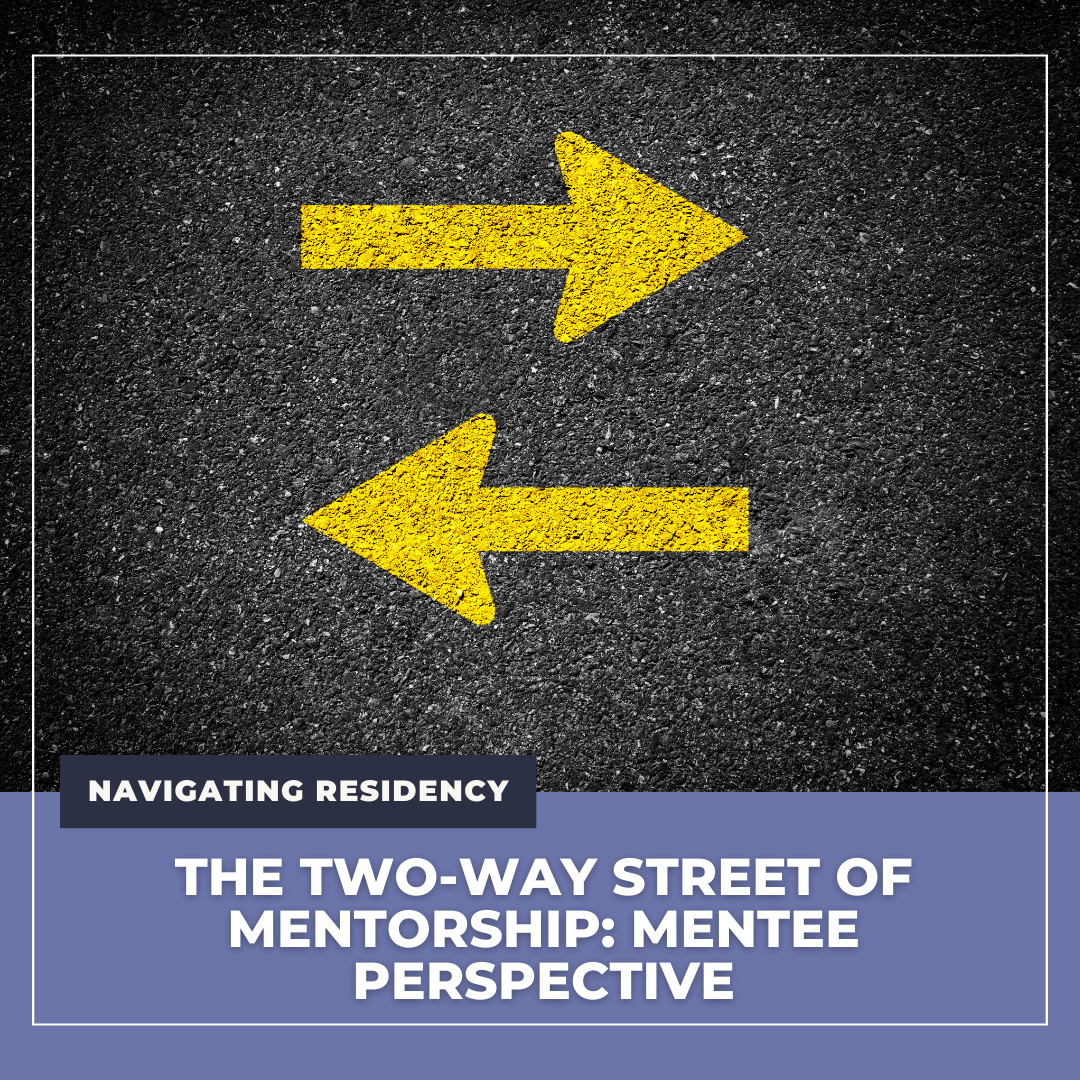Mentorships are necessary for medical students with a career interest in dermatology, yet landing and maintaining mentorships can be a challenge. Mentors aren’t required to give their time and energy to the next generation, and the sheer effort it takes to mentor and mentor well can leave mentors feeling drained. Mentorship at its best should be a two-way street with benefits for both mentees and mentors.
What should future mentees — medical students — know about securing a mentor and building an effective mentoring relationship? For advice, I interviewed two dermatology residents about their experiences as mentees: Samip Sheth, MD, medical dermatology resident at the University of Minnesota, and Priya A. Uppal, MD, dermatology resident at Larkin Community Hospital in South Miami, Fla.
What have your mentoring experiences looked like?
Dr. Uppal: My experiences have varied from getting mentorship from attendings I have done research with to conversations at conferences and almost everything in between.
Dr. Sheth: They’ve ranged from formal, structured programs to casual, organic relationships formed through rotations, research, and networking events.
How have you gone about securing mentorships?
Dr. Uppal: I reach out to people whose work (research, etc.) I am genuinely passionate about and/or interested in, and many times, it has resulted in a meaningful mentorship experience!
Dr. Sheth: By being proactive—emailing after rotations or conferences, following up with attendings I connected with, and using resources from professional organizations like the AAD.
What are the most pressing questions you had as a medical student looking to match into dermatology?
Dr. Uppal: How to get research – especially coming from a school with no dermatology department! How to connect with programs and program directors especially when you are not local to the programs.
Dr. Sheth: How to stand out in a competitive field, when and how to get involved in research, and what makes a strong application.
In your experience, what are you looking for in a mentorship and in what areas has there been a disconnect?
Dr. Uppal: I am looking for honest advice and feedback. Follow up with a mentor can be challenging – you never know how much or with what frequency to reach out.
Dr. Sheth: I value honesty, availability, and guidance. Disconnect can happen when communication is inconsistent or advice feels generic or outdated.
What are your biggest frustrations in mentoring?
Dr. Uppal: When expectations between the mentee and mentor do not align, it can be frustrating!
Dr. Sheth: When there’s a lack of follow-through—either from mentors who are too busy or mentees who don’t take initiative after reaching out.
As a dermatology resident, how can medical students get the most out of a mentoring relationship?
Dr. Uppal: By working with a mentor in different capacities, such as shadowing in a clinic, doing research, doing a podcast, etc., so that your mentor can get to know you and your skills! Also by asking questions! You don’t know unless you ask!
Dr. Sheth: Be prepared, ask specific questions, and follow up—mentorship works best when it’s an active, two-way effort.
What practical skills and soft skills has mentoring provided you?
Dr. Uppal: I have learned how to do research, how to present, and so much clinical knowledge. I have learned how to effectively communicate and work with many of our partners in patient care including nurses, medical assistants, pharmaceutical reps, etc.!
Dr. Sheth: I’ve learned how to communicate professionally, network effectively, and manage expectations under pressure.
What advice do you have for medical students on how to go about securing a mentor?
Dr. Uppal: Specifically in regards to a mentor for research, I would say present a project idea (even an IRB) to an attending to get their feedback rather than asking if they have a project or can mentor you. The initiative you show will go a long way even if they are not ultimately interested in that project!
Dr. Sheth: Start early, be professional and respectful, and don’t be afraid to reach out—most people are happy to help if approached thoughtfully.
Have you started mentoring medical students or are you planning to in the future? If so, why?
Dr. Uppal: Absolutely! I would not be here without my mentors and I feel so grateful to be able to now mentor medical students.
Dr. Sheth: Yes—I’ve started mentoring because I had great mentors who made a difference for me, and I want to offer the same guidance to others coming up.
In your experience, what else should medical students, dermatology trainees, and dermatologists know about building effective mentorship relationships?
Dr. Upppal: Mentorship is a two-way relationship and it takes time to develop – I am talking months to years! Instead of trying to get 5-6 mentors maybe work on cultivating a strong relationship with 2-3 over a longer period of time. Ultimately you want your mentors to go to bat for you and they really want to know who you are first before doing that!
Dr. Sheth: It works best when there’s mutual respect, clear expectations, and ongoing communication; not every mentorship needs to be long-term to be meaningful.
In the next “The Two-Way Street of Mentorship” article, Dr. Amy McMichael provides her perspective as a long-standing mentor and shares about her new book written for medical students looking to pursue a career in dermatology.

